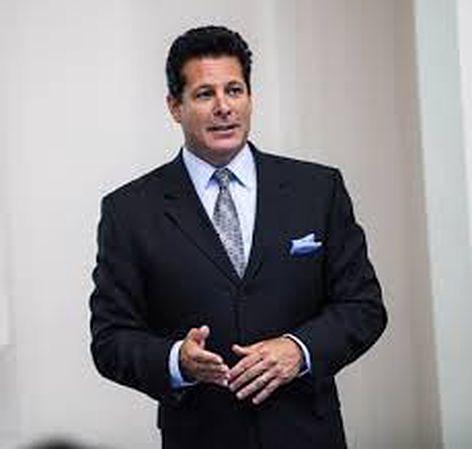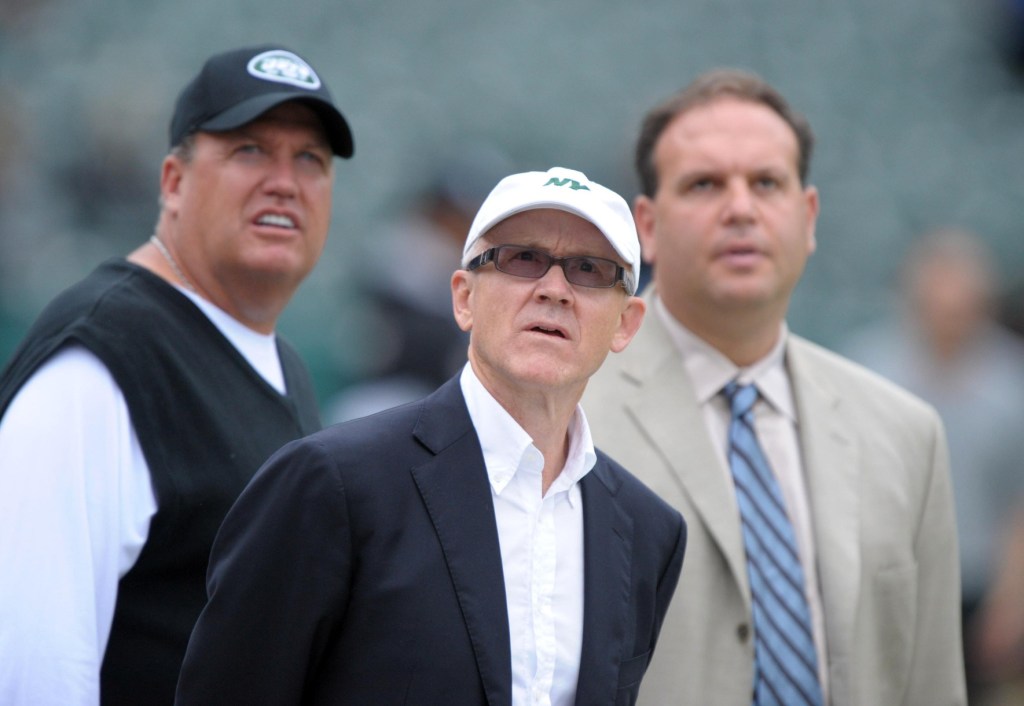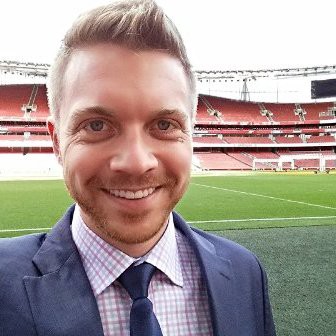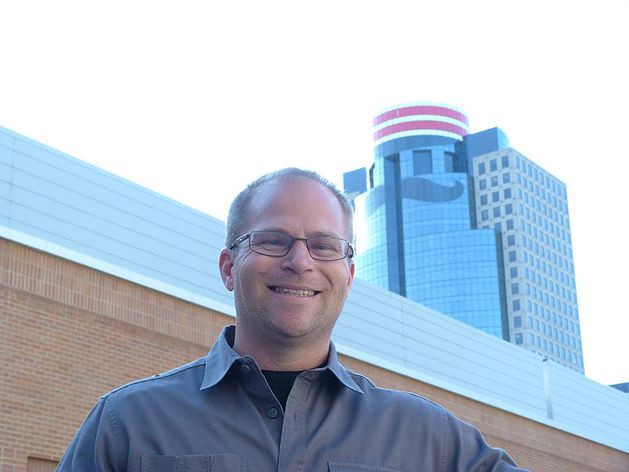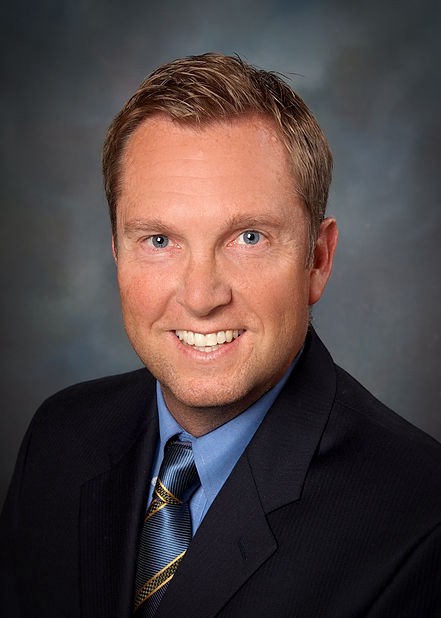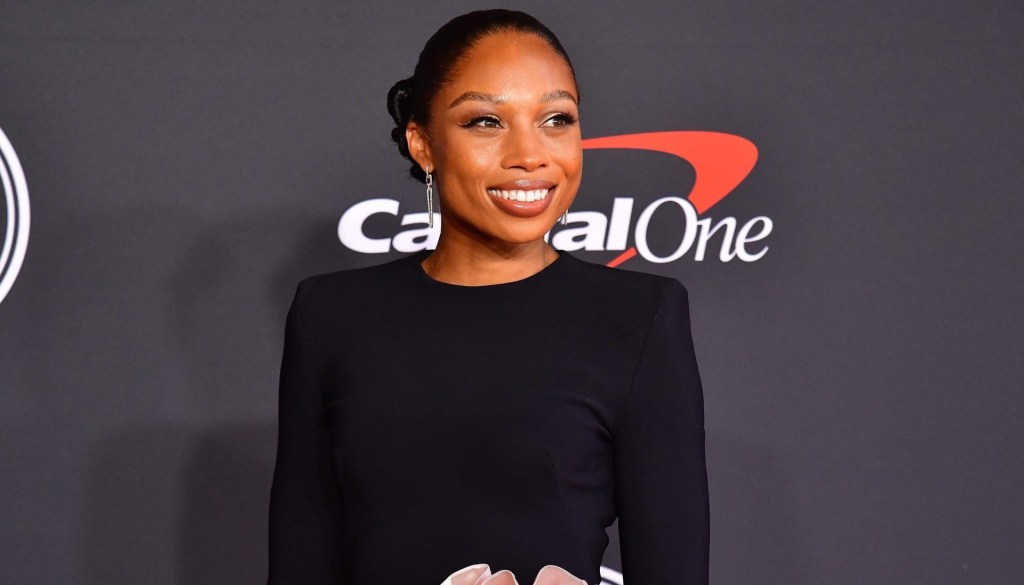By: Jay Stein, @JStein209

Front Office Sports is proud to have sat down with Greg Santore, Principal and Practice Leader, Sports Leadership at Witt/Kieffer. In his current role, he supports the searches for coaching and athletic director vacancies. This includes the recently completed search for the Athletic Director at Columbia University. Mr. Santore was more then happy to offer up his time and insight into how he successfully transitioned from corporate business into the sports staffing business environment, why it is important to go out and network with current industry professionals, and some general thoughts on the competitive landscape in sports business and what new opportunities may be on the horizon.
How did your previous positions help prepare you to get to where you are today?
Mr. Santore started by explaining how he “started in healthcare selling medical equipment.” He was primarily focused on sales in the “sports medicine side of healthcare and sold a lot of orthopedic rehabilitation equipment.”
He went on to describe how this, “evolved into running a big orthopedic rehabilitation equipment company… [with] about 150 sales reps all over the country.” He remained close to the sports business industry as his team sold, “not only into the hospitals and into the health systems, but we dealt with a lot of the professional sports teams, and a lot of the collegiate sports teams.”
Mr. Santore concluded by explaining how his prior experience helped him in his role today by sharing “what helped [him] be successful, from a different perspective, is the good overall business acumen,” gained from the corporate business environment. “I came out from running companies… seeing how things are done in the real world,”
How important is relationship building and networking?
“We pretty much built our whole business on me networking in the industry,” Mr. Santore first explained. “When Witt/Kiefer decided to get into the sports business, I was really the one who started it, so as great of a brand as we had in higher education and healthcare, we didn’t really have a brand for anybody really thinking about us as far as athletics.” He used his relationships and network to build this practice by starting, “on the track of going to conferences, and meeting as many people as possible.”
“The one thing I tell everybody is nobody is going to find you sitting behind your computer,” Mr. Santore concluded. He believes that “as much as social networking and social media has helped people enhance their reputation, I still think there is no substitute for getting in front of somebody, looking your best, shaking their hand and having a meaningful conversation with them.”
What characteristics and traits in people do you see as most important for those looking to work in sports and how can one differentiate himself/herself from the next person?
Mr. Santore emphasized, “leadership skills and interpersonal skills,“ as two key traits he looks at in people seeking opportunities in sports. He continued to explain the importance of, “executive presence, and… how you carry yourself. It’s not how you look per say, but how you carry yourself, how you dress, how you speak, how you approach people.”
There are many other indirect routes people can take to get an opportunity in sports as Mr. Santore explained; he said, “There is a lot of cross hiring that goes on in sports, so if you’re a great marketer or a good marketing person from a retail business, or a good person from an advertising business, those skills are transferable to sports.”
Mr. Santore concluded this topic by stating that, “if you know how to raise money and you understand how money works, especially from a development standpoint, that’s going to be a very coveted skillset moving forward.”
How can aspiring sports professionals prepare and position themselves for future opportunities?
“If you’re giving this advice to young people starting out, its always what I say, you’re going to have to work harder then everybody else, you’re going to have to do all the right things.” Mr. Santore started to elaborate on going the extra mile and mentioned how there is, “no free lunch, you have to earn everything that you get, you’ve got to work hard and do your research, and you just can’t sit around hoping the phone rings, you’ve got to make something happen!”
To truly position yourself to work in sports, it is an on-going process, and you really have to, “go out and meet people, go online, speak to people at your universities and network with people who can help you!”
What impact do you see the international market playing in generating new opportunities in sports business?
Mr. Santore went on to say how here in the US, “we’re used to our four core sports being football, baseball, basketball and hockey, probably in that order. MLS is making a run at it right now… growing much more quickly then some of the other sports and the younger crowd is getting into that, but if you look overseas, soccer is the number one sport by far, and there’s a ton of opportunities to work within those type of organizations.”
Mr. Santore continued to explain how people must remember, “to do more research if you’re going to pursue something like that. If that’s a course somebody wants to take… there are certainly always opportunities internationally.”
What was the experience like making the transition from corporate business to executive recruitment?
“I really had not thought about ever getting into [staffing], but at that time I had both my kids,” and after the long days of running healthcare businesses “leaving the house at 5:30 in the morning, and getting home at 10 at night, it’s pretty grueling on your family, … and I thought I needed a change.” He went on to explain how, “there were a whole bunch of reasons for me to try the search business,” but most importantly it was “being able to see my family more and be able watch my kids grow and their athletics.”
Parting Wisdom?
The sports business industry is competitive and aspiring professionals must keep working hard and not allow, “kids to get down on themselves because they can’t find their dream job… If you can get internships, the younger the better, get your feet wet and get experiences. A lot of the sports management programs at all the universities have internship programs where they’ll help place you…”
“People sometimes focus only on the core sports because that’s what they like and follow, but there’s plenty of opportunities, not only in major league sports, but in collegiate sports, and peripheral sports foundations, like the Special Olympics.”
We would like to thank Greg Santore for his time and insight!
